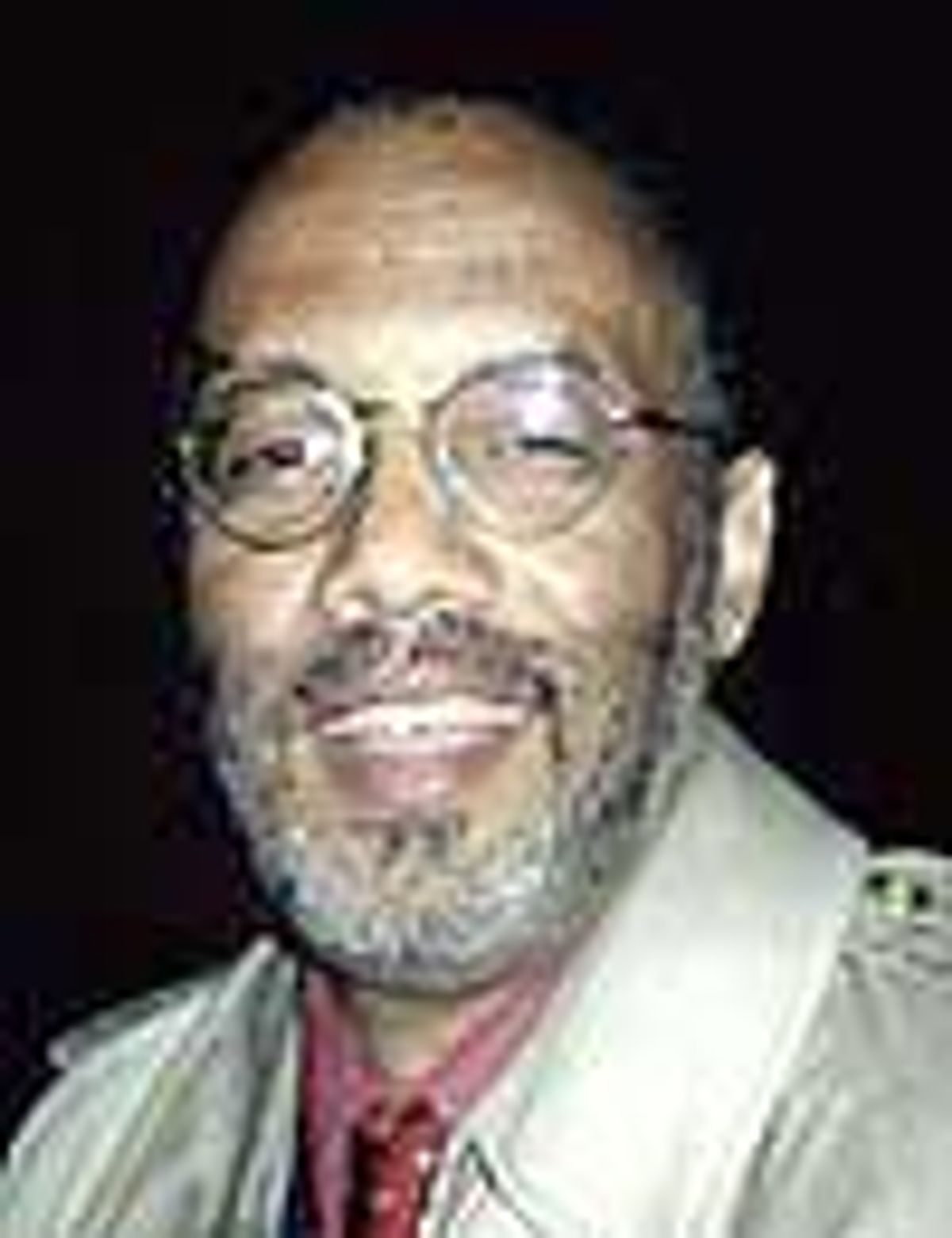
A new documentary premiering on Sundance Channel February 7 asks tough questions about The Origins of AIDS
February 03 2005 12:00 AM EST
November 17 2015 5:28 AM EST
By continuing to use our site, you agree to our Private Policy and Terms of Use.

"Geography has mapped / every river, every glade / Yet we still have much to learn / about the mystery of AIDS / Let's explore this foreign body / Learn the customs of its cells / Classify its nooks and crannies / pull the chain and ring its bells"We will never find a cure / till we isolate the source / Once we know where it came from / we can kill it off by force / What's the origin of this virus? / Europe, Zaire, Haiti? / The clues are here before us / Patient Zero holds the key"Let's all be empiricists / Victors of the mind / Rulers of the stupid / Leaders of the blind / An empire of knowledge / will conquer all the rot / A culture of certainty / will put us back on top"So goes the the biggest number in Zero Patience, John Greyson's 1993 movie musical about AIDS. As might be expected from the title, it spoofed "Patient Zero," the French-Canadian airline steward who, according to gay journalist Randy Shilts in And the Band Played On, brought AIDS to America when he came to San Francisco and visited the Slot, a sex cub where he took his pleasures along with Shilts, Michel Foucault, and countless others. Greyson's film--in which singer, AIDS activist, and all-around diva absoluta Michael Callen made a cameo as the HIV virus itself--made pointed sport of received "wisdom" about AIDS as it struggled to deal with the disaster. Now as we find ourselves well into the third decade of the epidemic things are both better and worse than they were before.And that's where The Origins of AIDS comes in.Directed by Peter Chappell and Catherine Peix, this incisive and eye-opening documentary scheduled to premiere on the Sundance Channel on Monday, February 7, at 9 p.m. Eastern/Pacific (with repeat showings on February 8, 12, 14, and 20) nominally proceeds from the "source" question, but in quite a different context than the one Shilts promulgated and Greyson satirized. For The Origins of AIDS is about Africa, always acknowledged as the epidemic's most likely point of departure and today the epicenter of the worldwide crisis.In the West, protease inhibitor cocktails and new combination therapy treatments have prolonged the lives and relieved the suffering of a great many HIV-positive men and women. So much so that it has encouraged a younger gay generation to misperceive AIDS as an infection on par with herpes or diabetes and to incorrectly think of fear and suffering as part of the past. But there is still no cure for HIV infection. And while some have been able to manage their disease, others have not. Moreover, the relative success of the West says nothing to the millions worldwide dropping like files, particularly in Africa, where it has decimated the population of the entire continent.In the '80s, when the disease was first raging in the United States, a seemingly paranoid scenario would have it that AIDS was man-made and part of some sinister plot. As the film shows, however, remove the sinister plot part and initial suppositions weren't all that far off. For there's much circumstantial evidence to suggest that AIDS emerged as an unintended consequence of the polio epidemic. Back in the 1950s the earliest experiments with polio vaccine were made in Africa utilizing chimpanzee tissue that, as was later learned, may have been contaminated with an ancestor of the virus that was to cause AIDS. From 1957 to 1960 the vaccine was given to millions in what are now Rwanda, Burundi, and Congo. The earliest documented HIV infection was discovered in 1959 in a man in Kinshasa, which was then the Belgian Congo and later Zaire.Obviously such circumstances call for further investigation. And that was the thesis of The River: A Journey to the Source of HIV and AIDS, a highly controversial expose by journalist Edward Hooper, which so enraged the medical establishment that a 2000 conference was engineered with the express purpose of denouncing his findings. The Origins of AIDS is an answer to Hooper's critics, in that it not only restates his thesis but revisits the scene of the crime. The directors interview assistants (all of them native Africans) who haven't been spoken to in decades and gather more examples of what The River initially stated as a consequence of scientific methodology. The checks and balances obviously required but only passingly adhered to by the '50s-era polio vaccine researchers in this part of Africa are put before the camera lens, much in the manner of a microscope.Clearly, great numbers of people have a lot of explaining to do. But establishments are resistant to change, so further investigation of what The River started and The Origins of AIDS continues isn't likely anytime soon. Meanwhile AIDS rages--infection brings death and suffering worldwide even as the band that once played on is now reduced to the size of an old kazoo. We can only hope this story is To Be Continued.